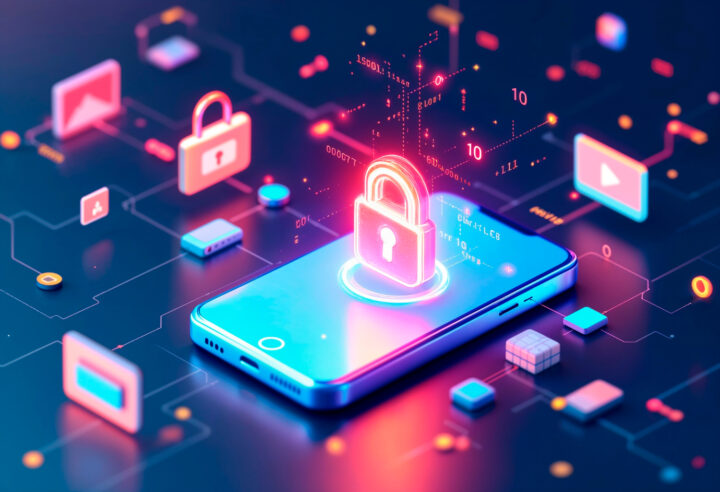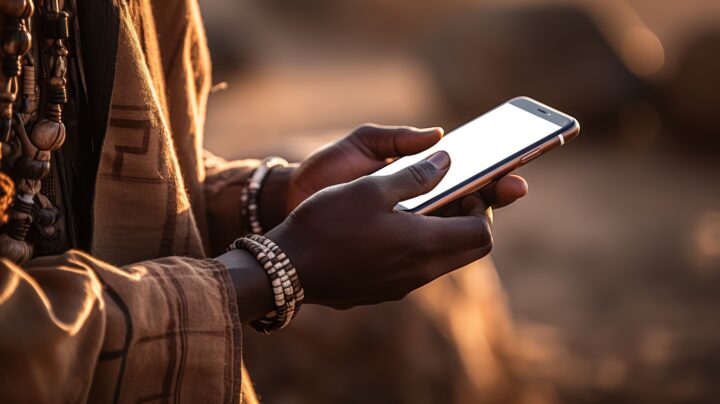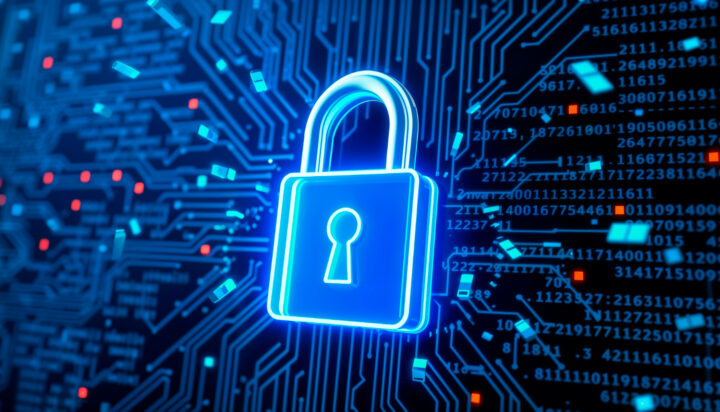Tiers was born to enable people to do more with their money. Combating the complexity of the financial system and empowering our customers necessarily involves trust in our products and their security. Furthermore, keeping your account protected will always be our priority.
Many people have had access to an account free of maintenance fees and hidden and high fees with Tiers. We help include Kenyans in the financial system and want even more people to have access to banking services and be able to move their own money however they prefer.
But how can you guarantee the protection of so much information, especially your money?
Tiers have always invested in security. We care about protecting your data and your money at every stage, from your registration to your relationship with us.
Check out everything you can do below to keep your account always protected.
What can you do to increase the protection of your Tiers account?
Here at Tiers, we believe that security is built with our customers. For example, the most secure technologies are not enough to prevent a fraudster from obtaining certain information through a scam.
Knowledge of good digital security practices combined with robust technologies is extremely effective against malicious actions, such as intrusions, leaks, or fraud.
Therefore, we have compiled a series of actions to protect yourself even further:
- Your account is authorised per device
When you create your Tiers account, we authorise your smartphone to access the account. It means that your account cannot be accessed using another smartphone unless you authorise it.
Also, the authorisation of your new device requires verification: you will take a selfie, which is verified and approved by our team compared with your previous photo and your document. So we prevent someone else will accessing your account.
- Create a secure password
Passwords are an essential layer of protection against account hacking. They function as keys to prevent unauthorised access and must only be known by the holder.
Your four-digit password is numeric only. As with other credentials, avoid combinations that refer to your date of birth or obvious sequences like “1234” – if your device falls into the hands of the wrong person, it is very easy to break this security barrier with simple access to social networks, for example.
- Do not share your password
When you share your password with someone, you lose control over how your data is being used, which could put you in danger. Surprisingly, over 60% of people admit to sharing passwords with others. A good tip to check if any of your passwords have already been leaked on the internet is to look for them on the Have I been pwned? website;
- Never repeat the same password for more than one registration. If you use the same password for several registrations and it is broken, people with bad intentions will have access to all your accounts at once;
- Never write down your password, not on paper, not on your cell phone, much less on instant messaging apps;
- Use a password manager to store them in a secure and encrypted environment;
- Keep your cell phone screen locked when the device is not in use;
- Never send photos of yourself holding your identity document through any channel other than our app;
- Did you receive a message alerting you to a “super promotion” via your messaging app? Do not click on the link unless you are sure of the sender.
- Do not leave an email session open on a public computer
When you access your email on a public computer, make sure you sign out before leaving the desk. This prevents someone from opening your email and requesting an OTP (one-time password) on your behalf.
- Do not reveal your phone number
Do not reveal your phone number when requesting a transfer. At Tiers, you can receive transfers using only your Tiers account number or QR Code. Revealing your phone number increases the risk of getting scammed with calls or messages directed to you.
Please note: Tiers will never contact you by phone or other means to confirm your password. Be wary of contacts who ask you for confidential information – if in doubt, it is always better to contact us through our official service channels to check.
Get informed on how to do more with your money.





